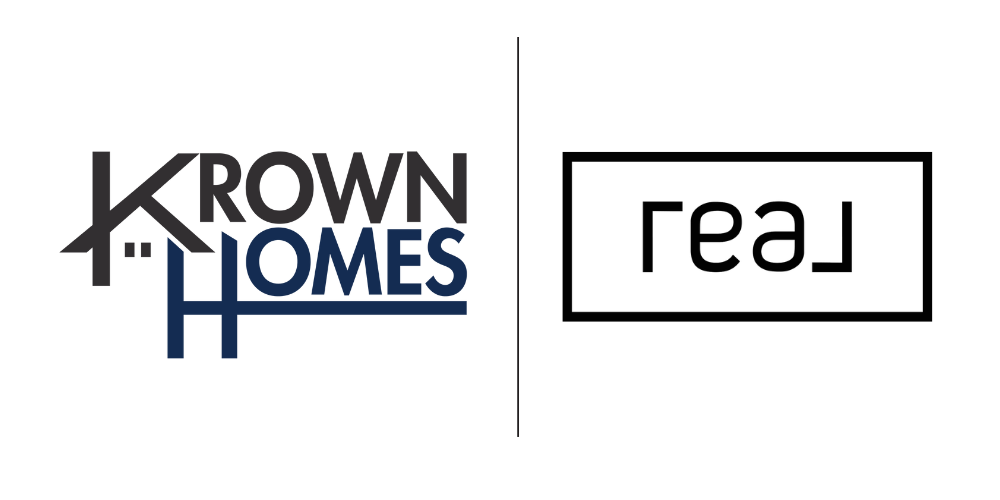EXPLORE OUR FEATURED AREAS
MY BLOG

Should You Sell Your House for Cash in the Northern Virginia area? 6 Things You Should Know About Getting a Cash Offer
Should You Sell Your House for Cash in the Northern Virginia area? 6 Things You Should Know About Getting a Cash Offer Selling your house for cash can be a tempting option, especially if you need to sell your house quickly or if you’re facing financial difficulties. However, selling your house for c
Read More

5 Key Differences Between a Alexandria, VA Buyer’s Market and a Seller’s Market and What it Means for You
5 Key Differences Between a Northern Virginia Buyer’s Market and a Seller’s Market and What it Means for You The real estate market in the Northern Virginia area is constantly changing, and it’s important to understand the differences between a buyer’s market and a seller’s market. In a buyer’s mark
Read More

Private Mortgage Insurance, Closing Costs, and Property Taxes: Costs You Need to Know About When Buying a Home in Alexandria, VA
Private Mortgage Insurance, Closing Costs, and Property Taxes: Costs You Need to Know About When Buying a Home in Alexandria, VA If you’re looking to buy a home in Alexandria, VA, it’s important to be aware of the various costs associated with the process. In addition to the price of the home itself
Read More



